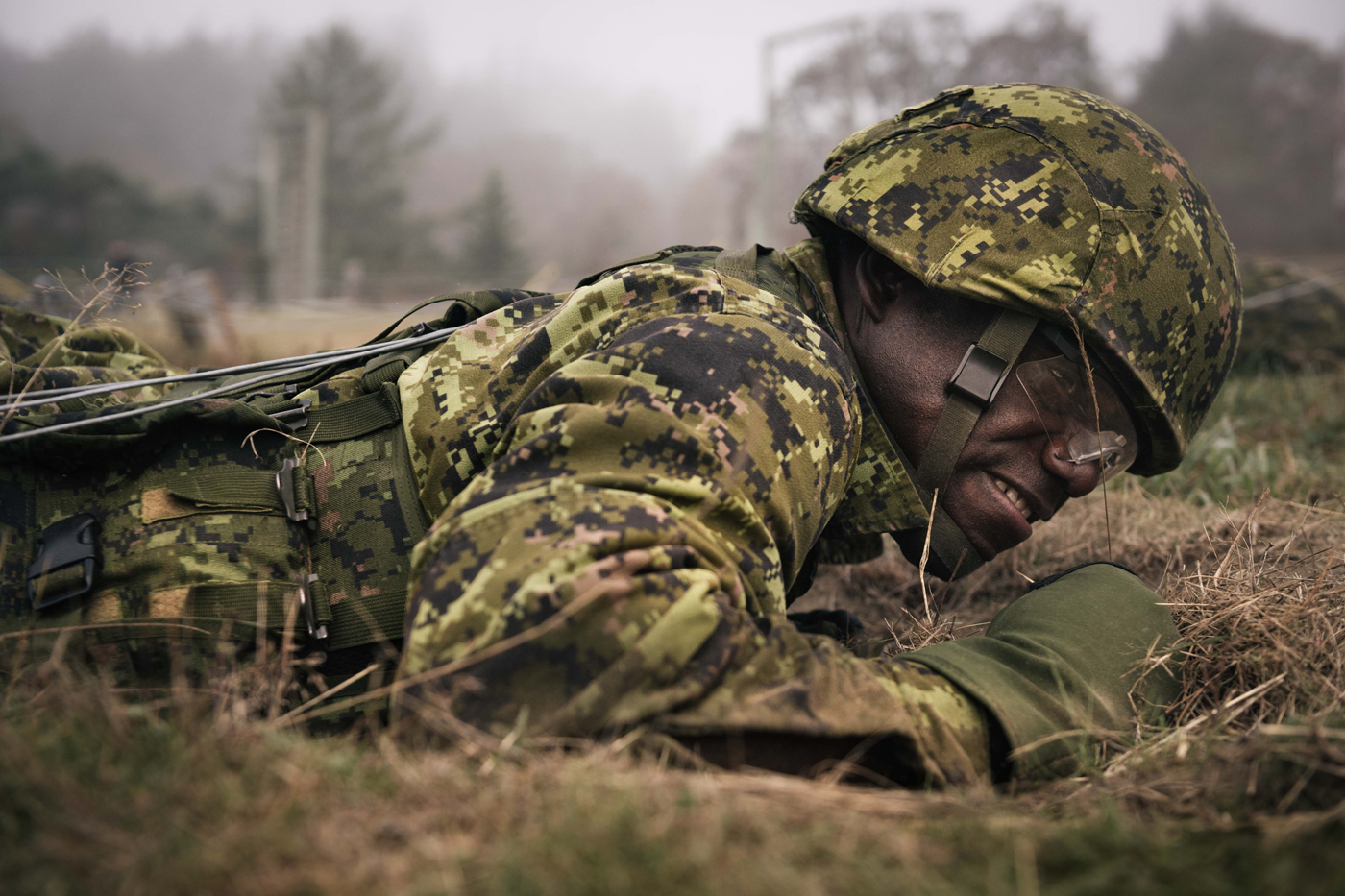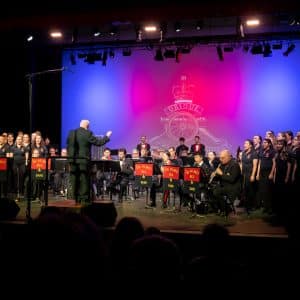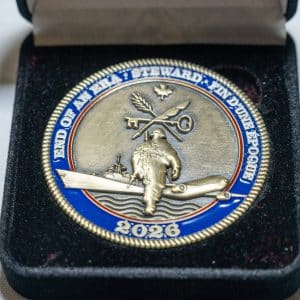
Sailor Third Class Recruit Kofi Asumadu completes the low wire combat crawl obstacle during the Confidence Course as part of BMQ training on Oct. 5. Photo by S1 Victoria Ioganov, MARPAC Imaging Services
Anna Muselius
NPTG
––
Naval Personnel and Training Group (NPTG) planners, Training Development Centres, Fleet Schools, and instructors on both coasts have been busy this fall conducting Basic Military Qualification (BMQ) courses to Regular Force naval recruits. The goal is to safely train the navy’s newest sailors through a COVID-19 persistent environment.
BMQs are normally run through the Canadian Forces Leadership and Recruit School in St. Jean-sur-Richelieu, Québec.
However, in order to increase the Armed Forces, meet the personnel requirements of the Fleet, and ease the pressure on the Leadership and Recruit School who also train Army and Air Force personnel, a de-centralized BMQs was developed.
It is an innovative measure to mitigate risk while delivering Regular Force BMQ serials for the navy in a safe, carefully planned, deliberate manner abiding by directed protective health measures.
Planning for de-centralized BMQs started almost immediately after the initial operational pause began in March in anticipation of an eventual order to resume training. That order was issued in June by the Chief of Defence Staff and then by Vice-Admiral Art McDonald, Commander Royal Canadian Navy.
Once the warning order was received, and regional pre-conditions were deemed to have been met on both coasts, de-centralized BMQ serials began within 30 days following a green light from Capt(N) Jason Boyd, Commander NPTG.
Upon arrival at each base, recruits were screened for symptoms of the COVID-19, and for the first 14 days a maximum of four cohorts of 10 candidates were confined to the base and closely monitored as part of an initial isolation period to mitigate risk and prevent the possible spread of infection.
Close quarters staff and instructors were also isolated with the cohorts as a precautionary health measure for the protection of both military members, recruits, and the local communities near the training centres.
After the 14 days, sections were combined to form a single platoon for instruction. Limiting outside contact with the recruits allowed for the relaxation of protective health measures under controlled circumstances during training, such as the removal of face masks or reduced physical distancing within the platoon.
Contingency planning has also been factored into the de-centralized BMQs should COVID-19 symptoms manifest themselves amongst the recruits or instructors – so far, there has been no need to activate these protocols.
Naval Fleet School (Pacific) had a two-week head start, beginning their training serial in August at CFB Esquimalt, while Naval Fleet School (Atlantic) began their BMQ in September at CFB Shearwater, Nova Scotia. Both de-centralized BMQs meet the same 10-week course requirements as those offered through the standard CF Canadian Forces Leadership and Recruit School BMQ program.
A full training serial includes the standard modules: classroom instruction, parade drill, field training, weapons training, range practice, first aid, basic fire extinguishing skills, confidence courses, swim tests, and chemical, biological, radiological and nuclear training – along with physical fitness training and testing.
Naval Training Development Centres in Halifax and Esquimalt provide quality assurance for instruction and quality standards and training plan compliance to ensure their BMQs meet Canadian Armed Forces requirements.
Naval Fleet School (Québec) also completed a number of BMQ and Basic Military Officer Qualification serials at Camp Vimy at CFB Valcartier, Québec, with the last ones finishing at the end of September for Naval Reserve members. While of shorter duration, these courses aligned with decentralized BMQ offerings in terms of the observance of precautionary health measures to mitigate risk and ensure well-trained Naval Reserve Force members upon completion.
Current iterations of decentralized BMQ serials for Regular Force members wrap up at CFB Esquimalt on Oct. 23, and in Shearwater on Nov. 4, with graduation parades planned for broadcast over technologically enabled platforms so family and friends may attend virtually.
––––









